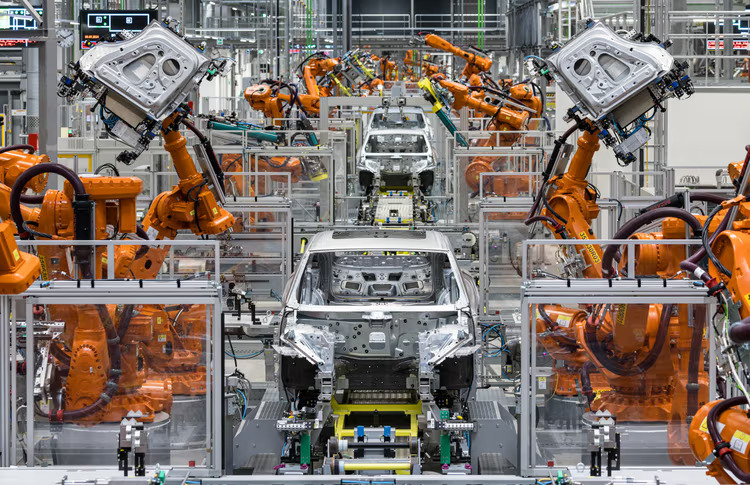Global financial markets faced more turmoil on Monday as President Donald Trump defended his sweeping new tariffs, calling them “medicine” to fix what he described as decades of trade abuse. The comments came as Asian share markets opened sharply lower, deepening last week’s losses and sparking fears of a recession.
Speaking aboard Air Force One, Trump showed little concern about the nearly $6 trillion in market value already wiped out from U.S. stocks. “I don’t want anything to go down. But sometimes you have to take medicine to fix something,” he said.
Japan’s Nikkei 225 plummeted nearly 9% in early trading, hitting its lowest level since October 2023. Prime Minister Shigeru Ishiba acknowledged the gravity of the situation and announced support measures for businesses and workers affected by the trade fallout.
Markets across Asia echoed Japan’s plunge. Hong Kong’s Hang Seng Index fell 8%, with Chinese giants like Alibaba and Tencent suffering heavy losses. Taiwan’s exchange, opening after a two-day break, dropped nearly 10%, its worst one-day performance ever. Circuit breakers were triggered as shares in TSMC and Foxconn led the decline.
South Korea temporarily halted trading after steep falls in the KOSPI index. Australia wasn’t spared either, with over $160 billion wiped off its markets. Treasurer Jim Chalmers confirmed the Australian economy would take a hit and warned of rising prices.
Despite mounting global pressure, Trump said any talks with foreign leaders would only proceed if they agreed to annual payments or trade adjustments favoring the U.S. “They are coming to the table,” he insisted. “But there’s no deal unless they pay a lot of money.”
In response, several countries began stepping up with offers. Taiwan’s president proposed zero tariffs and increased U.S. investments. British PM Keir Starmer promised support for local industries, while leaders from Israel, India, and Italy hinted at negotiations or local economic aid to offset U.S. tariffs.
Meanwhile, White House officials claimed the tariff move had sparked talks with over 50 nations. Treasury Secretary Scott Bessent claimed that Trump’s strategy had put the U.S. in a stronger position, but many analysts cautioned that it could lead to long-term economic instability.
With another round of steep tariffs set to take effect this week—reaching up to 50% analysts predict more volatility and potential long-term disruption across global markets.













